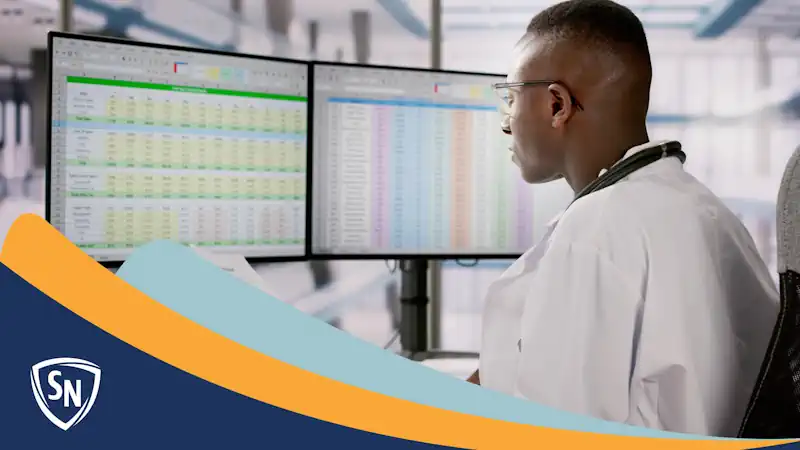
Medical Billing & Coding is a specialized field within healthcare administration, focusing on accurate healthcare records and efficient claims processing. Medical Billing and Coding programs equip students with the skills to translate medical information into standardized codes for billing purposes, ensuring healthcare providers receive proper reimbursement and maintain regulatory compliance. Here's an overview of core courses, elective options, and potential career paths in a Medical Billing & Coding degree program.
Core Courses
Medical Terminology: Students learn essential medical vocabulary, focusing on terms for body systems, diseases, treatments, and procedures.
Anatomy and Physiology: A foundational course covering human body systems, necessary for understanding medical conditions and diagnoses.
Introduction to Medical Coding: Covers the basics of medical coding, including how to interpret clinical documentation and apply appropriate codes.
Health Information Systems: Explores software and databases used in healthcare for managing patient information and coding/billing processes.
ICD Coding: Focuses on the International Classification of Diseases (ICD) system, the global standard for disease and health conditions coding.
CPT Coding: Teaches the Current Procedural Terminology (CPT) coding system, primarily used for documenting procedures and services.
HCPCS Coding: Introduces the Healthcare Common Procedure Coding System (HCPCS), essential for billing Medicare and Medicaid.
Medical Billing and Reimbursement: Covers the billing process, insurance claims, and reimbursement protocols to ensure accurate payments.
Healthcare Law and Ethics: Provides a legal and ethical framework, covering HIPAA regulations, patient rights, and confidentiality standards.
Electronic Health Records (EHR) Management: Focuses on digital record management systems, including EHR standards and best practices for documentation accuracy.
Check out this CCS Medical Coding Practice Exam
Electives for Specialization
Advanced Medical Coding: Delves deeper into specialized coding areas, such as cardiovascular or surgical coding, for advanced roles in coding.
Revenue Cycle Management: Covers the full revenue cycle process, from patient registration to final payment, to streamline healthcare finances.
Medical Office Administration: Explores administrative functions in a medical office, including scheduling, patient relations, and office management.
Healthcare Data Analytics: Introduces data analysis techniques to interpret healthcare data, improve billing accuracy, and support financial health.
Health Insurance Policies and Procedures: Examines policies in healthcare insurance, focusing on various provider and payer systems, including private, Medicare, and Medicaid.
Common Career Paths
- Medical Billing Specialist – Processes claims and ensures timely reimbursement for healthcare providers.
- Medical Coder – Reviews medical records and assigns appropriate codes for billing and insurance purposes.
- Health Information Technician – Manages healthcare data and maintains the accuracy of patient records.
- Claims Examiner – Reviews claims to verify accuracy and compliance with insurance policies.
- Revenue Cycle Specialist – Ensures efficient processing of claims and collection of payments throughout the billing cycle.
A Career The Business Side of Healthcare
A degree in Medical Billing & Coding prepares students for careers focused on the business side of healthcare. Core courses cover everything from medical terminology to coding systems, while electives allow for specialization in areas like revenue management or data analytics. With career opportunities in hospitals, clinics, and insurance companies, graduates can step into essential roles that support the financial and operational success of healthcare providers.





